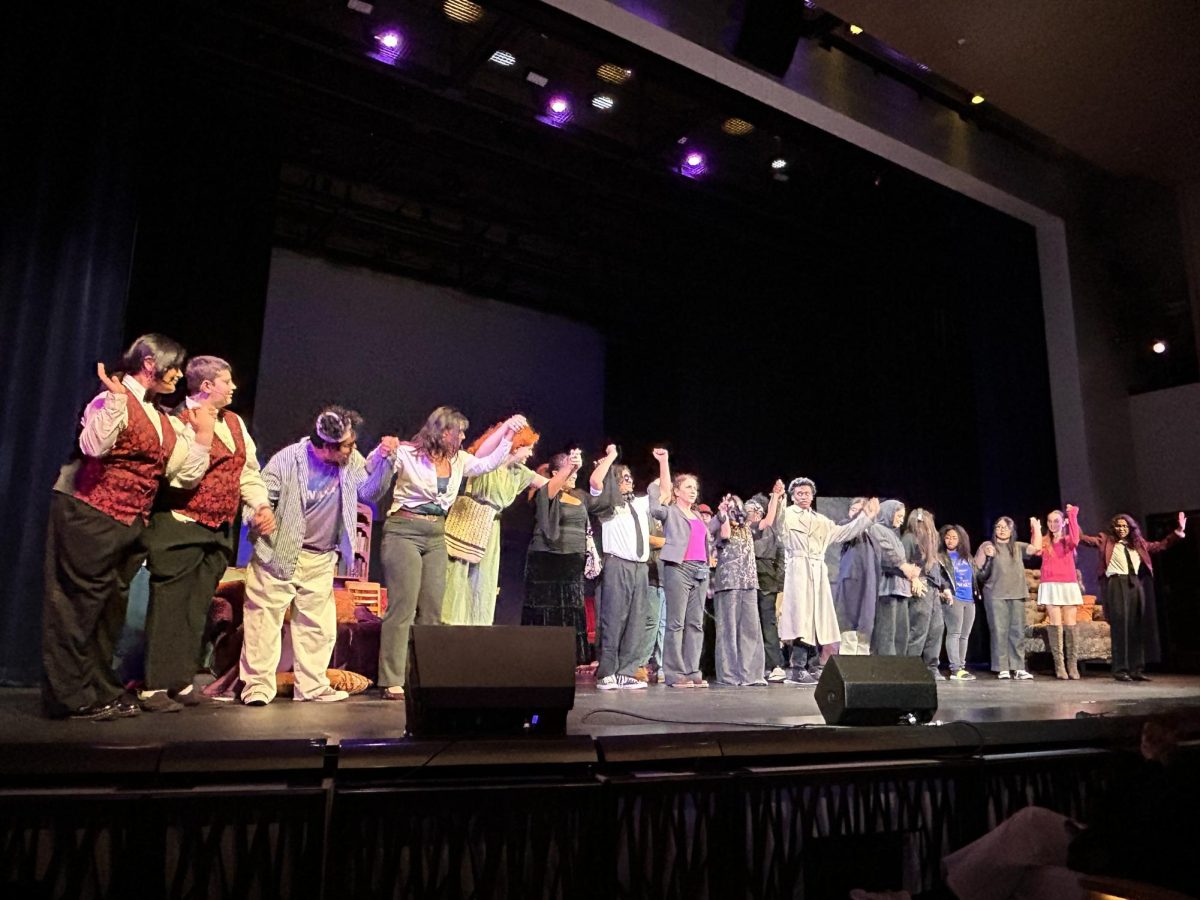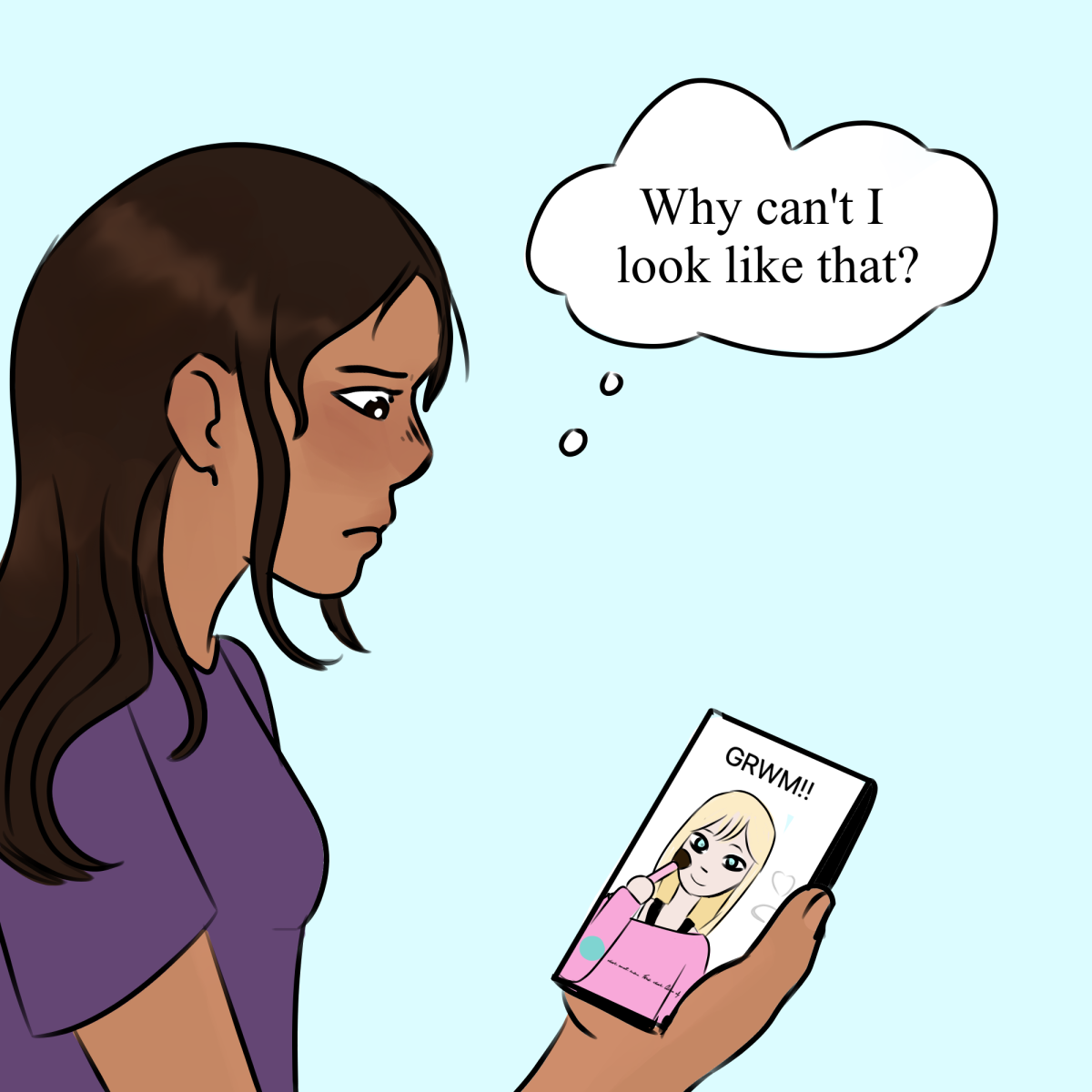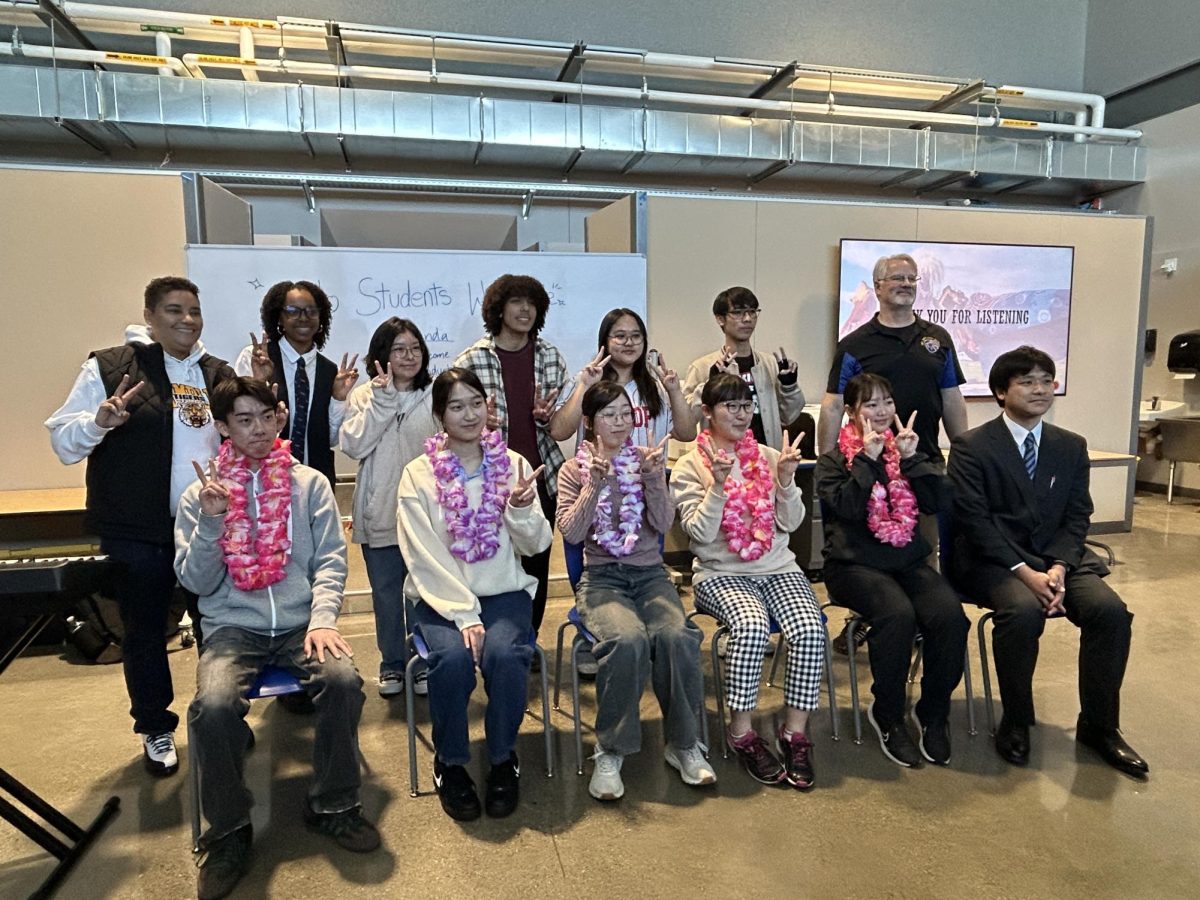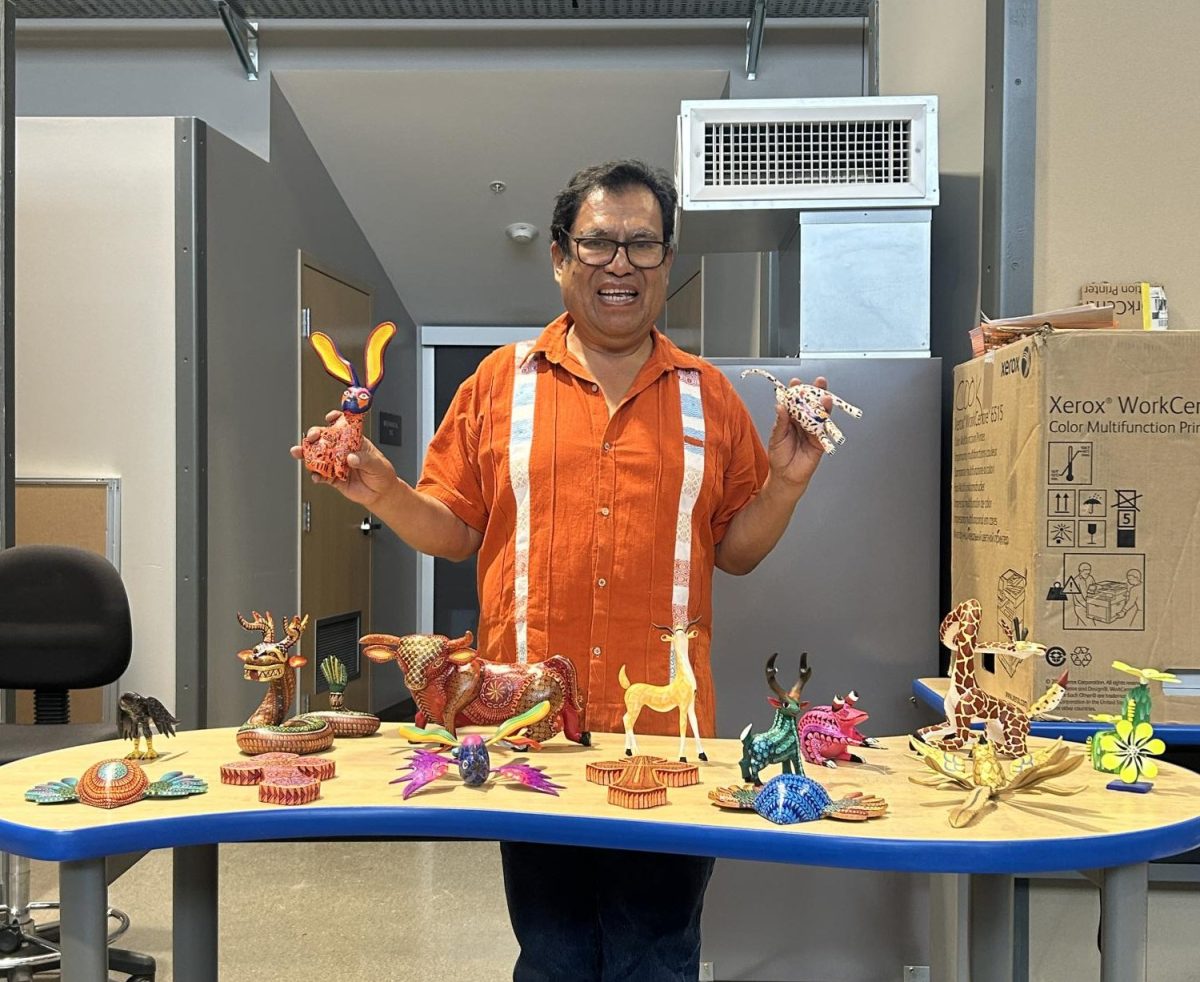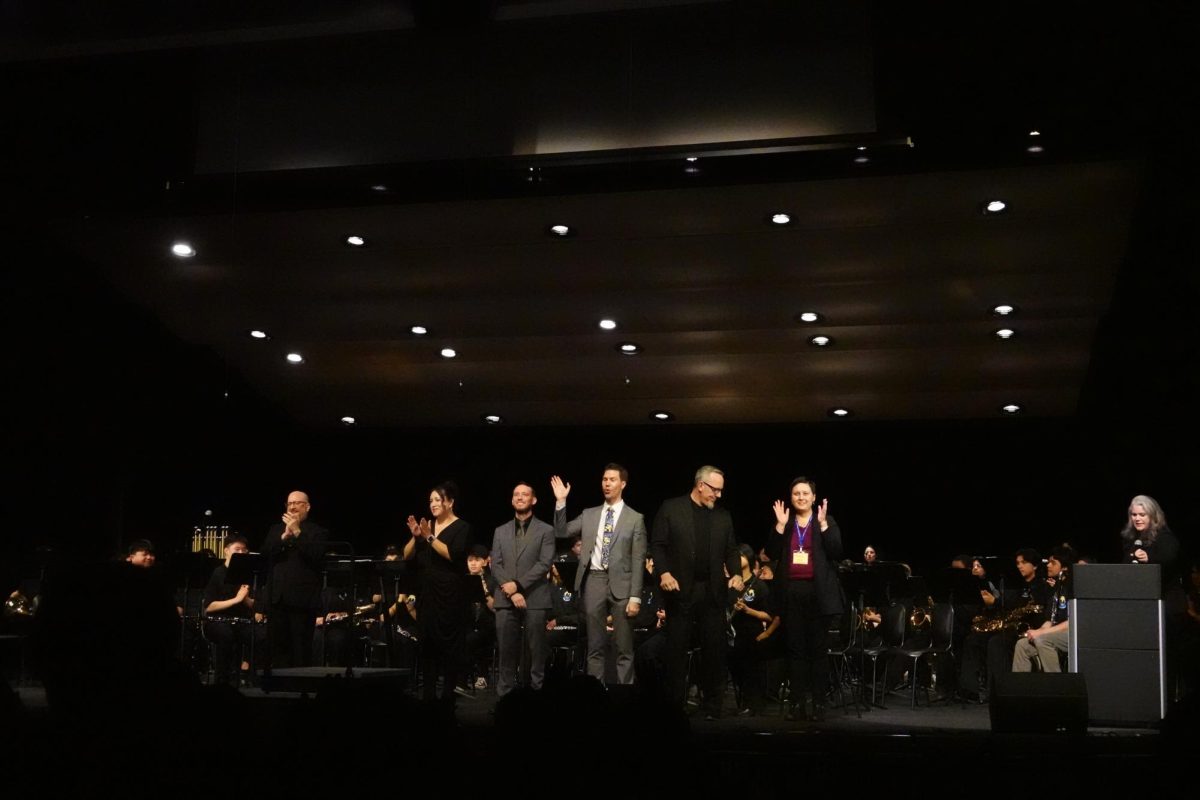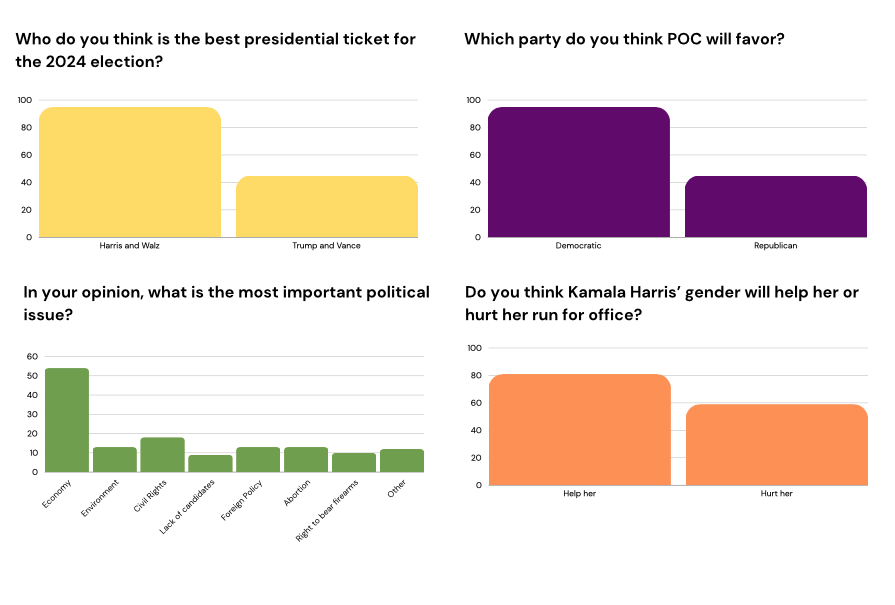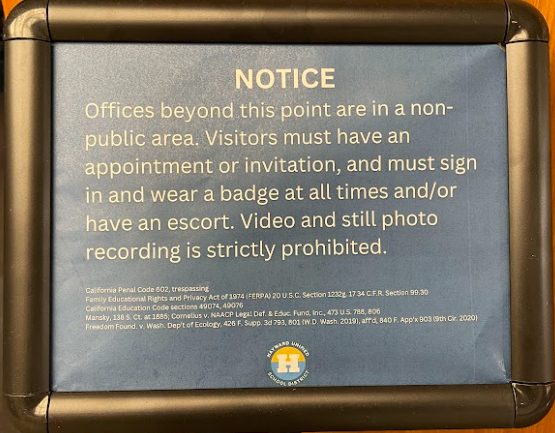
In October, two self-proclaimed First Amendment auditors recorded HUSD’s district office and maintenance yard. First Amendment auditors claim they intend to hold public officials accountable and assess their right to film in public. The auditors attempted to provoke staff, creating discomfort in some district employees. Several videos of the incident circulated online.
In one video, the auditors repeatedly filmed restricted a r e a s and employees’ business cards, leading to verbal conflict. They accused employees of “flipping the bird” and withholding public information. The video has over 40,000 views and 2,800 likes on YouTube. The auditors’ YouTube channel description claims their mission is to “[exercise] our 1st Amendment right [to] [f]reedom of [p]ress to see if our rights are respected.”
HUSD Director of Public Information and Governmental Relations Michael Bazeley was one of the individuals who encountered the auditors. Bazeley recounts that they videotaped close to employees’ bodies and their personal computers. He adds that the auditors used derogatory language and recorded the insides of employees’ cars. “One of the employees felt like she was cornered and couldn’t exit the situation. It was very traumatic for her,” he said.
Bazeley feels that the auditors targeted female employees unfairly. He theorizes that the First Amendment auditors likely perceived women as more vulnerable and less likely to respond confrontationally. “I think they prey on people who they assume might be weaker than them in some way,” said Bazeley.
The First Amendment rules that the government cannot make laws abridging freedom of speech. California’s penal code bans individuals from recording someone without knowledge except in public settings, which creates a legal gray area surrounding filming government employees. Proponents of First Amendment audits argue they help protect American liberties.
Dr. Pooja Safarzadeh, a constitutional law professor at CSU East Bay, elaborated on why some view government offices as overly restricted: “A lot of government offices are marked on the walls as restricted access. There is some confidential information like student records, discipline records, and Social Security numbers.” However, Safarzadeh says that government offices often classify areas as restricted zones despite no classified information being present.
With easy access to the internet, First Amendment auditors nationwide have resorted to increased sensationalism to gain social media views. Some have criticized them as purely profit-seeking. “They are just doing this to build up an audience on YouTube so they can sell merchandise and get advertising revenue,” said Bazeley.
Critics also charge that First Amendment auditors infringe on officials’ privacy rights and often resort to intimidation. Although Safarzadeh emphasizes the need to protect the right to freedom of information, he states that the auditors “were very confrontational, rude, and disrespectful to government workers.” Safarzadeh believes that many First Amendment auditors actively harm their cause by engaging in harassment.
After the incident, HUSD sent guidelines to staff members advising them to remain polite and composed. HUSD discouraged employees from engaging in debate or contacting law enforcement. Additionally, HUSD set new restrictions on where people can visit.
Bazeley condemns the auditors’ actions. “They try to create mistrust in the government, but they don’t do anything about the idea of government transparency,” he said. By contrast, Safarzadeh provides a mixed assessment of First Amendment auditors, highlighting that they have furthered First Amendment ideals in the U.S. to some extent while relying on intimidation tactics. “Unfortunately, life is not an either-or. It’s a little bit of both.”






